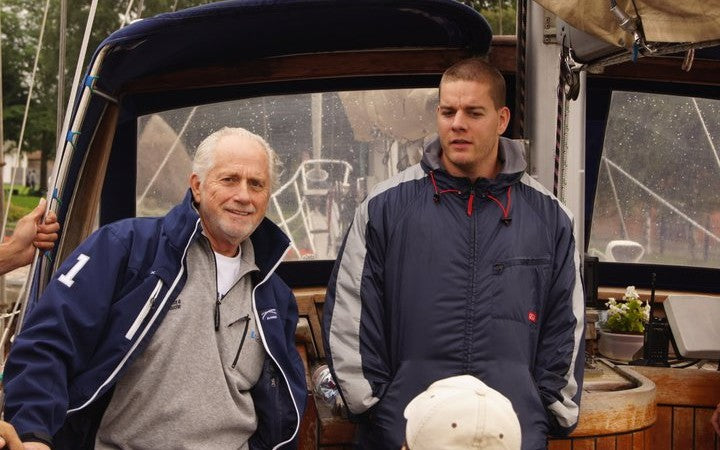By definition, coaching is a form of development in which a person called a coach supports a learner or client in achieving a specific personal or professional goal by providing training, advice and guidance. Occasionally, coaching may mean an informal relationship between two people, of whom one has more experience and expertise than the other and offers advice and guidance as the latter learns. Coaching differs from mentoring in focusing on specific tasks or objectives, as opposed to general goals or overall development.
The basis of great coaching is great communication.
And as we all now there are different types and forms of communication.
Which basically means the type of coaching is defined by the way a coach communicates.
I have observed hundreds of coaches over the last 20 years. From the early days of playing football to the last 10 years in gyms and weight rooms all over the world. Lecturers of them where successful with their type of training, scenarios and clients. From a coaching and communication perspective I have always analyzed why their style worked or didn't work in the scenario they worked in. Over the years I have come up with three different types of coaches, which basically make three types of communication and motivation styles .
These three types are:
The Movement Enthusiast – We all have met this type of coach. This type of coach loves to move. Always energetic and enthusiastic. Always there to get people going. Wanna run a boot camp with 30 people in it? This is the type of coaching you need to bring. It's all about getting the clients to move and enjoy moving. Its not about perfect technique. Its not about explaining every single detail. Its about getting them going. Thats the most efficient type of coaching to work with huge groups such as bootcamps or bigger teams where too much attention to a single client or too much explaining will diffuse the training flow.
The Verbal Scientist - This type of coach loves the theory of training. And loves to talk about the theory of training. The client wants or needs in-depth detail and understanding of what he needs to do in training, this is the type of coach that will excel at it. Especially in an online coaching scenario and with a coaching position in a large organization this type of coach will be his best as technical and personal communication is crucial. He has the studies. The references. The history gems. And the patience to communicate, not just what needs to be done by the client, but also why it needs to be done.
The Quiet General – This type of coach is the most technical and least communicative out of all three different types. An observer that limits his cues to a minimum of short technical tasks and primarily stays in back. He excels in a one on one scenario with a high need for technical excellence. A great example is the sport of weightlifting where every single coach in history that excelled on the highest level fit this category. Put her/him into a larger group or with a client who has no interest in technical mastery she/he will loose focus and interest fast. Give him an athlete or client in a quiet and private scenario paired with the determination for mastery the coach and athlete will excel.
As with every typology, there is no black and white type, its a continuum with a lot of grey. Basically every coach has attributes of all three different types of coaches at a different degree. Figure out which type you are or which type you need in your scenario and you will get the most out of it.
One important factor to recognize is that the type of coaching is not only depending on the training, scenario and client to coach, I also highly depends on the personality of the coach. One trait many successful coaches have is that they are able to adapt their style of coaching to the scenario and athlete. Still there is only one type/mix where each coach will perform the best and in the long term the happiest at. So if you are a die-hard quiet general working as a movement enthusiast with large groups will not lead to sustainable high coaching performance and even more important to the coach being happy about his job. So the point to takeaway is to determine which degree you are which coach and choose your form of training, training scenario and clientele accordingly. As this is the base excel at your coaching job from a professional and personal perspective. And make you a successful and happy coach.
As this is such an important factor of coaching success I have recently added a one hour talk to seminars, when there is time, on exactly this topic and how to use it to become the most successful and happiest coach possible.
All the Best with determining the Type of Coach you are or you need!
Picture: With legendary Shorttrack Speedskating Coach Yves Nadeau on a boat during a Speedskating Training Camp in Ventspils, Lativa in 2010. Yves is the one I learned the most from about coaching and communication with athletes and officials. And one of the best guys in the world to have a meal with. He has coached on the top of his sport for over 30 years. With his athletes winning over 200 medals at World Championships and Olympics.

